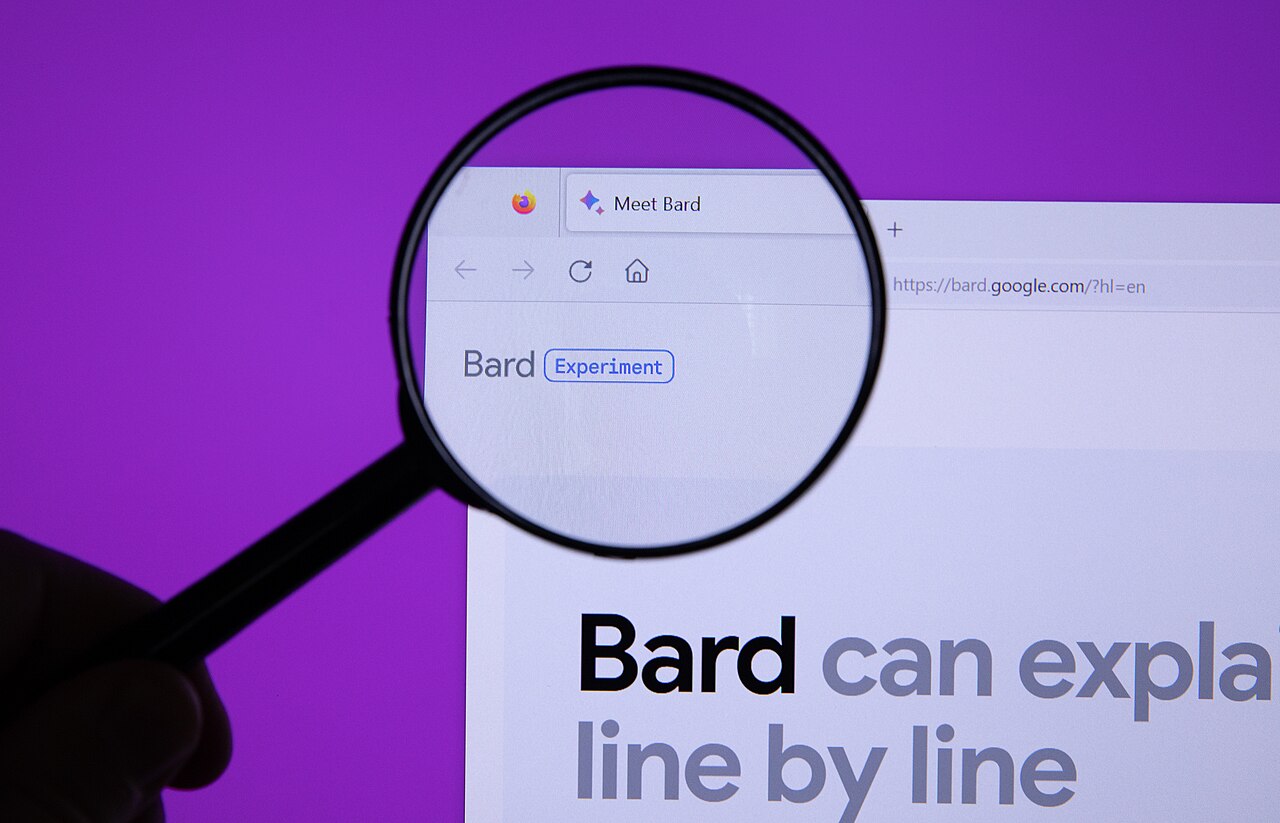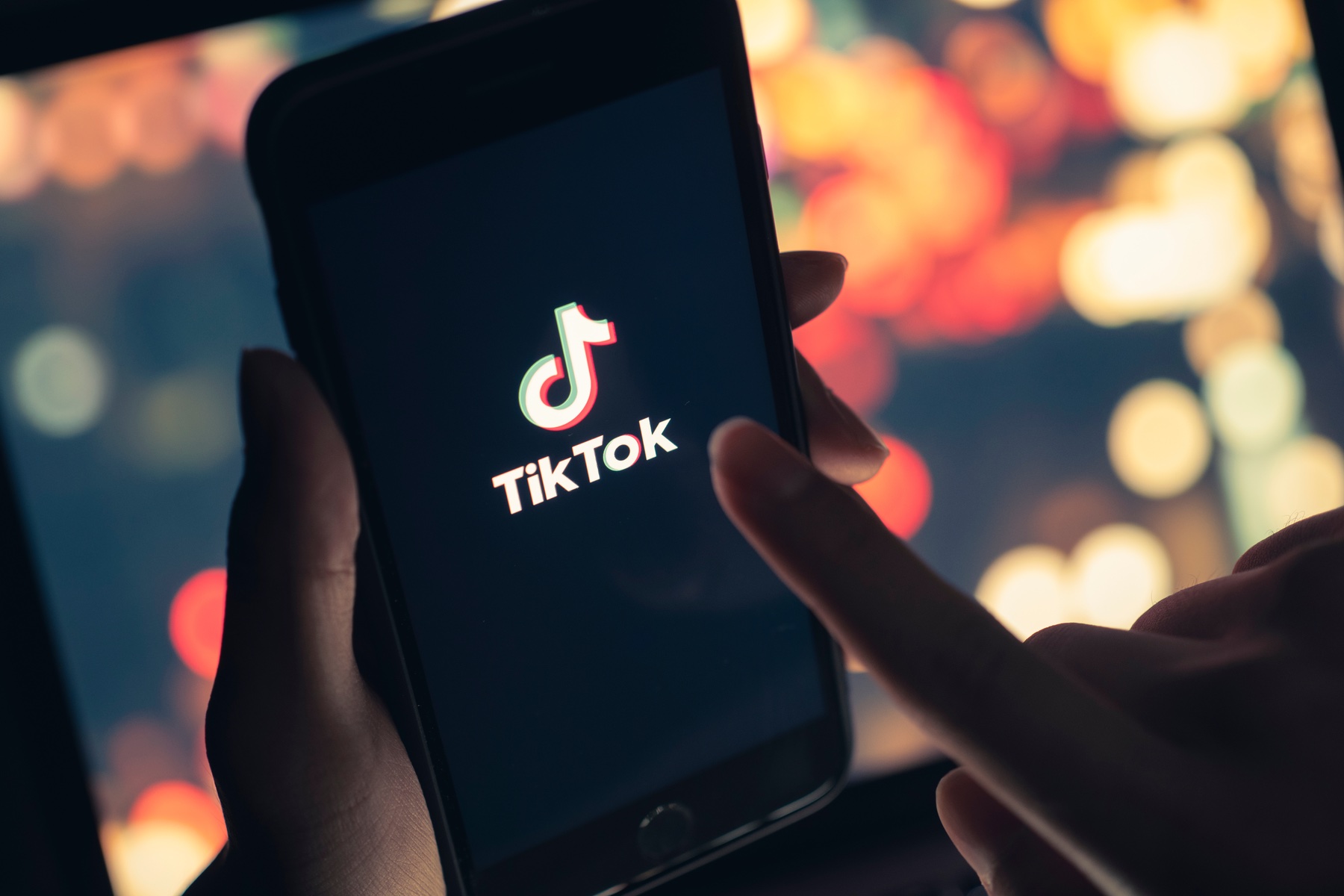Will AI Change Google’s Business Model? We Asked 9 Top Travel Pros

Skift Take
Generative AI is already prompting travel businesses to retool internal operations and release new products.
Even with Google's release of its Gemini upgrade, which is geared to compete with OpenAI's ChatGPT, it's a good bet that Google Search will face new pressure and a growing roster of competitors, from OpenAI to Microsoft/Bing, Meta, Apple, and perhaps new rivals.
What happens to Google's advertising links – from which it earns billions – if AI enables instant answers?
We posed the following question to several travel executives and investors: Will generative AI change Google's advertising-only business model? Will it become an online travel agency?
None explicitly said Google would become an online travel agency, a prospect that Google has long downplayed. But they forecast far-reaching changes to Google's advertising business, and the competitive landscape.
We received the following 9 replies, which have been edited for length and clarity.
Brad Gerstner, founder and CEO, Altimeter Capital
"Consumers don’t want ads. They want answers and actions. The world’s most elite travel agent, who knows all of their info, past bookings & preferences in their pocket, and that will soon be possible thanks to AI/GPTs. In this era, subscription, ads, agent fees, CPA, are all on the table. Safe to say it will not look like the 10 blue links and ad spam that we get today."
Steve Hafner: co-founder and CEO, Kayak:
"It definitely will [change], because Google has more datapoints than anyone. Simple use case: Google notices that you've accepted a business meeting in Berlin in two months on your Google calendar. It knows from your past Gmail travel bookings that you prefer United, fly business, and like to arrive one day early and leave immediately in the p.m. when meetings end. It also knows your past hotel bookings.
"AI will help create a suggested itinerary, and Google can prompt you to engage with it across all your touchpoints with them (Chrome, Calendar, Gmail, Android, etc.).
If anyone can build an virtual travel agent, it's them. Not a very fair fight huh?"
Mark Shmulik, senior analyst, AB Bernstein
"I tried the Gen AI assistants; ChatGPT gave me 200-300 word essays to read and the new Bing got a bit confused with my requests so had to try a few times.
"But then I went to TikTok, suddenly got videos/vlogs on the beaches, how far from Florence, best hotels nearby, top restaurants and you could feel what it would be like to go and stay there. And on the other search, I saw first-hand video of the check-in process, the rooms, pools, kids club, food, etc. to the point where it was very easy to make my final decision.
"What’s missing is the call to action to go buy/book. It’s coming, and I expect more and more of travel to bypass the final search blue links and move up to the social media/video layer."
Henrik Kjellberg, Group CEO, Awaze
"The big shift will be that with LLM’s (Large Language Models), we will need fewer clicks. We have been trained to write pidgin English to find what we need on Google. But with LLMs, it’s worth writing longer queries as you get much better results. Google confirms they are already seeing this in their data as well. Although Google will likely be able to monetise results from Bard, I am not sure they will be able to charge 3-5 X more per search term if people no longer need to click as much to find the right answer.
"Also, Google had a huge advantage with their algorithm because of their scale. More searches built a better algorithm. Bing was just the poor cousin from Hicksville. But with LLMs, that scale advantage is no longer necessarily there. There are three or four LLMs model in the market and they are at least as good as Bard. So, they will have a lot more competition on their hands. I do many of my new searches on ChatGPT 4.0, for example.
"Lastly, as search capabilities, whether performed by Google or an OTA, become democratized, the key will be to be the holder of the inventory. If I as a consumer can feel confident I have found the right answer for my trip, and I trust the site where I can perform a transaction, then I am in less - not more - need of intermediaries."
Paul English, Kayak co-founder, and CEO Boston Venture Studio
"The defect in metasearch business models is they make more money from click-out than they would be completing booking on their own platform. This is because travel advertisers are willing to lose money on the first transaction, in the hopes of winning a customer who will come directly to them the next time.
"Google is however hungry to own more and more of the total travel lifecycle, and they are taking over more and more of the real estate, pushing advertisers down. I think this will continue."
Emil Martinsek, chief marketing officer, GetYourGuide
"I guess the general perspective I have is that Google is an advertising platform and remains an advertising platform. Generative AI might change some dynamics of that platform and the way that customers interact with Google and then how Google interacts with advertisers, like GetYourGuide and experiences operators. I think the challenge for them or any generic platform is when you actually engage in a commercial booking process, connecting the customer to the experience operator. There's a lot of facilitation beyond just like the swipe of a credit card that is required.
"At the end of the day, Google will be very good at what they do: taking a query, and helping break that down into results. But that next step, that final step, is always gonna be challenging for them, I think even in a generative AI world.
"Google's a pretty dominant player today; I think they will remain with a very large search share. I think the bigger opportunity in the industry is that there's likely to be more fragmentation of advertising overall. So with the advent of LLMs, and better AI capabilities that aren't just contained at Google, but also at Microsoft, Meta, and Apple is working on its own, I think it opens up the possibility of more advertising surfaces.
"So to an extent, while Google might continue to be dominant in core search, the way that people discover content and the way that they browse through content, whether it's in Instagram or TikTok, whether it's coming up to them on their desktop in a Microsoft world or through their phone in an Apple world, I think there will be more surfaces that will be competitive with Google's ad ecosystem. I think the bigger challenge for Google over the next five years is how this technology unleashes capabilities and other larger competitors."
Krista Pappas, COO, AmiGo
"Could Google, with its AI prowess, transform into an online travel agency (OTA)? It seems unlikely. Google's strengths lie in cloud computing, digital advertising, and search dominance, not in the complex and demanding world of travel agencies. This move would be akin to a renowned orchestra conductor turning into a circus ringmaster – the skills don't quite match.
"While AI will enhance Google's travel services, a leap into full OTA operations is risky and out of sync with its core expertise. Google thrives in advertising, technology, and data, not in making impulsive shifts into entirely new industries. The company's focus is on evolving existing services, especially in advertising, rather than undertaking drastic industry changes."
Richard Clarke, managing director, AB Bernstein:
"My view is that the regulatory barrier of Google becoming an OTA are not changed by AI, unless it can prove the top of funnel has materially fragmented. Therefore it will remain a price comparison tool but likely a smarter and more personalised one in an AI world. The development of Google Hotel Ads made Google traffic more valuable as you knew the customer was highly likely to convert. AI likely makes that even better. Companies will pay more for the traffic if they know that customer has clicked on a hotel/flight option tailored to them.
"The only question will be content. There is a concerted effort to keep content exclusive to your ecosystem, i.e. Airbnb and Vrbo don’t list their content on Google, and Park Hyatt isn’t on Booking.com.
"Booking’s connected trip vision, Expedia’s wholesale rates from Marriott, are examples of content that the OTAs could try and only offer directly to try and limit the influence of Google. It will be an interesting battle."
Johannes Thomas, CEO, Trivago
“While generative AI is a powerful tool, I don't foresee it drastically altering Google's core advertising-driven business model. Google rather seems to be focused on enhancing the search and planning experience, instead of the booking funnel.
"In the foreseeable future I don’t expect Google to build commercial relationships with millions of hotels and places to stay. That is what well-established global and local players are doing very well already.”
A statement from Google:
"Our mission and role in travel has not changed. We want to continue to be a trusted place for travelers to get the most useful information and to connect travelers to our partners.
"It’s important to us that advertisers still have the opportunity to reach potential customers with our generative AI Search experiences."





